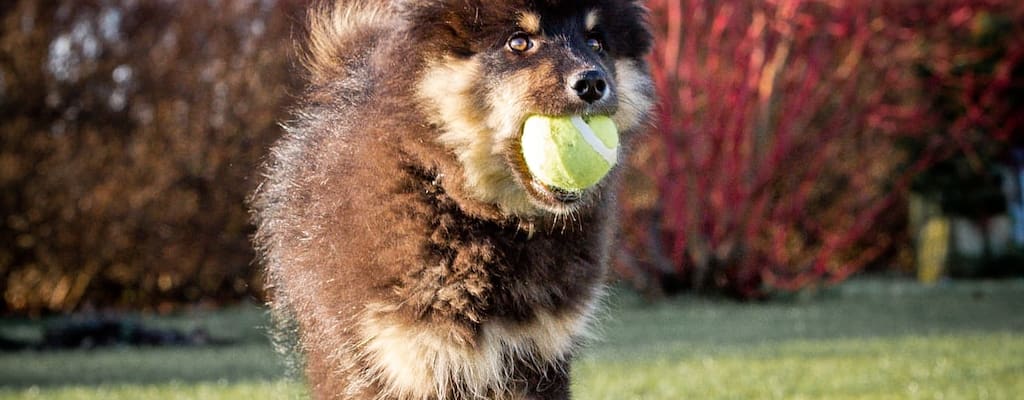donkey’s years: Idiom Meaning and Origin
What does ‘donkey's years’ mean?
The idiom "donkey's years" means a very long time. It is often used to indicate a period of time that feels like it has been going on for a significant and extended duration.

Idiom Explorer
The idiom "in the long term" refers to a period of time that is far into the future, usually indicating a result or consequence that will be realized after a significant amount of time or over an extended period. It emphasizes the importance of considering the potential outcomes or impacts over a longer timeframe rather than focusing solely on short-term effects.
The idiom "in the long run" means considering the overall or ultimate outcome or result of a situation, especially over a period of time, rather than focusing on immediate or short-term effects.
The idiom "in all one's born days" expresses the idea of someone's entire lifetime or existence. It emphasizes the length of time a person has lived and implies surprise or disbelief at a particular event or experience.
The idiom "heavy as a dead donkey" means something that is extremely heavy and difficult to lift or carry, often used figuratively to describe a burden or a problem that is overwhelming.
The idiom "have been around" means to have a lot of experience or knowledge about something, often implying that one has seen or encountered various situations or people over a long period of time.
The idiom "golden years" refers to the time in a person's life when they are retired and able to enjoy leisure activities, usually associated with financial security and freedom from work obligations.
The idiom "for the ages" means something that is timeless and will be remembered or celebrated for a very long time.
The idiom "drag on" means to continue or last longer than desired or expected, often resulting in boredom, frustration, or exhaustion.
The idiom *donkey work* refers to mundane, repetitive, or laborious tasks that require little skill or intellectual effort.
Deciphering Time's Secrets
The term "donkey's years" is primarily used in British English and is less common in American English. It is believed to have originated in the early 20th century and there are a few theories about its exact origin.
One theory suggests that the expression may have been derived from the phrase "donkey's ears" which refers to the long ears of a donkey. Donkeys are known for their long lifespan, often living for many years. It is possible that the phrase "donkey's ears" was later modified to "donkey's years" to convey the sense of a long period of time.
Another theory suggests that the phrase may have originated from the Cockney rhyming slang "donkey's ears" which is a substitution for "years". Cockney rhyming slang is a form of language that originated in the East End of London and involves substituting a word or phrase with a rhyming phrase. In this case, "ears" rhymes with "years" and the phrase "donkey's ears" was shortened to "donkey's years".
While the exact origin of the phrase is uncertain, it is clear that the term "donkey's years" is used to emphasize the passage of a long period of time. The use of "donkey" in the phrase may be attributed to the perception that donkeys are patient and enduring animals, further emphasizing the idea of a lengthy period.
Interestingly, the phrase "donkey's years" is related to other idiomatic expressions that also convey the idea of a long period of time. One such expression is "donkey's ears". This phrase is similar to "donkey's years" and is also used to describe a very long time. It is likely that "donkey's ears" and "donkey's years" originated from the same concept, with "donkey's ears" referring to the physical feature of a donkey and "donkey's years" emphasizing the length of time.
Another related expression is "coon's age". This phrase is primarily used in Australian and New Zealand English and is equivalent to "donkey's years" in British English. Both phrases emphasize the passing of a long period of time.
"as the day is long" is another idiom that is related to "donkey's years". This phrase is used to convey the idea of something being very long-lasting or prolonged. Just like "donkey's years", it emphasizes the passage of time.
Lastly, "donkey work" is an idiom that is also related to "donkey's years". This phrase refers to hard, menial, or tedious work that needs to be done. While not directly related to the concept of time, it shares the same association with the term "donkey" and adds to the range of idiomatic expressions related to donkeys.
"donkey's years" is an idiomatic expression that conveys the notion of a very long period of time. The exact origin of the phrase remains uncertain, but it is likely to have originated in British English. The phrase has been in use since the early 20th century and is still used today. It serves to emphasize the passage of time and has become a commonly used figure of speech in informal contexts.
Example usage
Examples of how the idiom *donkey's years* can be used in a sentence:
- I haven't seen him in donkey's years.
- She has been living in the city for donkey's years.
- They have been friends for donkey's years.
The idiom *donkey's years* is used to express a long period of time or a very long time. It is often used to emphasize the length of time that has passed since something occurred or since someone has done something. In the examples above, the idiom is used to convey the idea of a significant amount of time having passed.
More "Time" idioms



